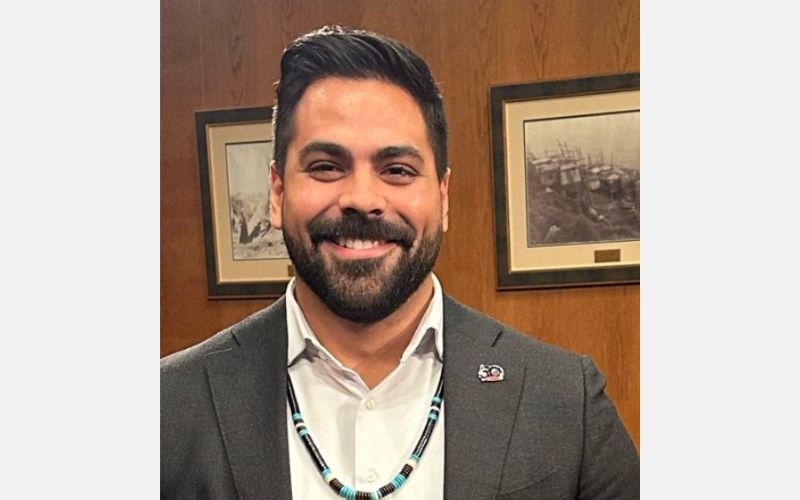
- Details
- By Elyse Wild
Stacy Bohlen, a citizen of the Sault Ste Marie Tribe of Chippewa Indians, has been terminated as the CEO of the National Indian Health Board (NIHB), the organization announced yesterday.
In a press release, the NIHB stated that its Board lost faith in Boheln’s ability to lead the organization and named A.C. Locklear, Lumbee, Interim CEO.
“My fellow directors and I are deeply invested in the success of NIHB—for our Tribes and for our People,” William “Chief Bill” Smith, NIHB Chairman and Valdez Native, said in a press release. "We know that our staff loves this mission, and we will continue to work with A.C. to strengthen our organization and move forward.”
Founded in 1972, the NIHB advocates for healthy equity and access for the American Indian and Alaska Native populations through budget consultation, policy analysis, national tribal public health programs and capacity building.
Bohlen has been a part of the NIHB for more than 20 years, first joining as executive director in 2003.
Locklear joined the NIHB in 2021, first as a policy analyst and then as the organization’s first Federal Relations Director, a role in which he leads federal budget and regulatory policy priorities, including developing and advancing Tribal health and public health policy.
He holds a Juris Doctorate and Bachelor of Arts degree in American Studies, with a concentration in American Indian and Indigenous Studies, University of North Carolina at Chapel Hill.
(Disclosure: Native News Online co-produces the Hope + Healing podcast with the National Indian Health Board, including season one, which ran in 2022-2023, and season two, which is in production.)
More Stories Like This
New Mexico Will Investigate Forced Sterilization of Native American WomenUSDA Expands Aid for Lost Farming Revenue Due to 2025 Policies
Two Feathers Native American Family Services Wins 2026 Irvine Leadership Award
Bill Would Give Federal Marshals Authority to Help Tribes Find Missing Children
Indian Health Service to Phase Out Mercury-Containing Dental Amalgam by 2027


